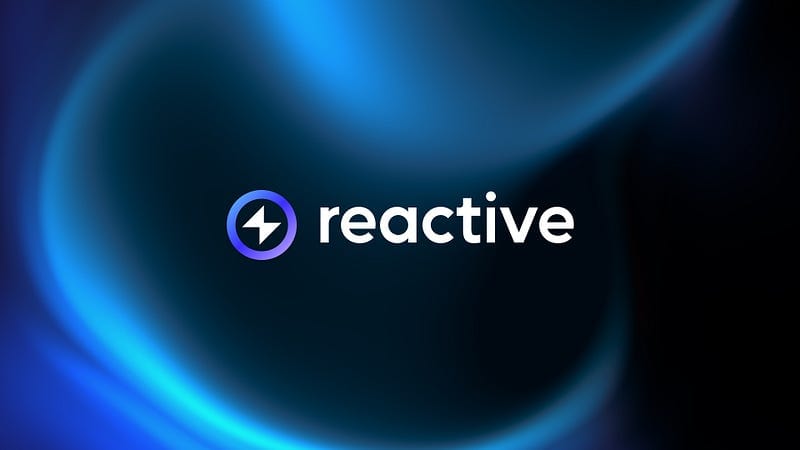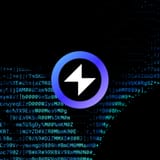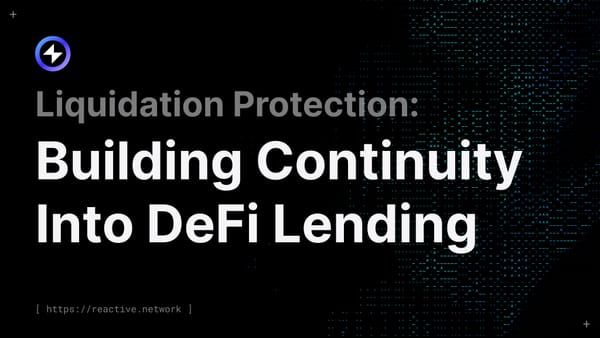Introduce Dynamic NFTs in Web3 Games, powered by Reactive Network
Update player NFTs based on in-game achievements, made possible by Reactive Smart Contracts.

Summary
- Web3 gaming is on the rise. Despite the poor playing experiences of initial Web3 games, the playing experience has significantly improved in the past year, especially as high-profile gaming studios and professionals have entered the space.
- Arguably the biggest allure of a Web3 game is the ability to actually own in-game assets (NFTs), and take them off the game platform. As blockchain games progress, it is likely that marketplaces for such assets will take off.
- Beyond the earned in-game NFTs, dynamic NFTs are also being explored. However, applications of such NFTs remain scarce — likely limited by how changes to an NFT can currently be performed (pre-programmed or manually executed).
- With the Reactive Network, in-game dynamic NFTs can actually evolve real-time, taking place exactly when they need to, based on what the player has accomplished.
NFTs in Web3 Gaming
Web3 games have the ability to offer a gaming experience like never before. Through NFTs, players can actually own the assets which they earn in-game (e.g. currencies, skins, weapons, etc.), and also take those assets off-chain to marketplaces, or to lend to other players.
While this concept has yet to fully take off, many games are currently in development to offer such capabilities in the near future.
The NFTs which have largely been popular thus far can be viewed as static NFTs. PFPs, membership passes, and the like, usually offer static traits (including the actual image of the NFT itself).
However, there is growing interest in a new type of digital asset — dynamic NFTs. Dynamic NFTs can be programmed to change its characteristics, whether based on time or other external inputs. This class of NFTs, not yet as popular as its static counterparts, could be on a path to revolutionize Web3 gaming.
The Problem
The limited Web3 games (in comparison to Web2) thus far have largely introduced static NFTs as part of their gameplay. That is, as users progress through a particular game, they will pick up NFTs along the way which reflect their various accomplishments.
These NFTs are generally static, and do not change after they are picked up by the player, or through future achievements unlocked/accomplished by the player.
While still a more novel experience than in Web2 game play, there is a missed opportunity to dynamically update existing NFTs for players as they progress through each game.
The Solution
PARSIQ’s Reactive Network can help to change the way NFTs are awarded and used in Web3 games. By allowing one smart contract to subscribe (and react to) the events of another smart contract, games can configure underlying smart contracts to react to certain in-game events — which can lead to updates in the NFTs held by a player.
Imagine a smart contract that is deployed in-game which serves to track player achievements. Each time the player accomplishes something significant (e.g. getting to a new level, defeating a boss, etc), the smart contract emits an event which details that achievement.
Imagine also that a secondary smart contract is set up to react to the achievements which have been broadcast by the first smart contract. When this Reactive Smart Contract (RSC) detects an event that has been emitted, it executes predefined functions as rewards — including updating existing NFTs dynamically. As an example, a character may start a game with a stone as a weapon, which could evolve to a knife, and then a sword, a revolver, and so on.
Additionally, the RSC can also be programmed to deploy other NFTs as bonuses/awards to the player — depending on how well the user has been playing (e.g. a bonus NFT is earned if a boss is defeated without the player incurring any health damage).
Conclusion
As the Web3 gaming space continues to grow and evolve, the rise of gaming NFTs is sure to follow. These NFTs, currently static in nature, are potentially missing a unique opportunity to be programmed to evolve as soon as players unlock an achievement.
Currently not easily feasible today, Reactive Smart Contracts are a solution for blockchain games to consider in evolving the gaming experience.
By setting up Reactive Smart Contracts to listen for accomplishments of a player, game developers can create real time changes for the NFTs which are issued, thus leading to an elevated playing experience like never before.





